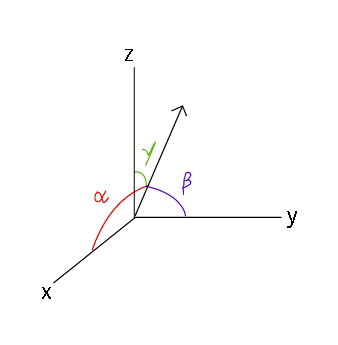
AllQuestion and Answers: Page 1897
Question Number 20726 Answers: 1 Comments: 0
Question Number 20612 Answers: 1 Comments: 0
Question Number 20599 Answers: 1 Comments: 0
Question Number 20619 Answers: 1 Comments: 0
$${Solve}\:{the}\:{equation}\:{z}^{{n}−\mathrm{1}} \:=\:\bar {{z}}\:\left({n}\:\in\:{N}\right) \\ $$
Question Number 20631 Answers: 2 Comments: 0
Question Number 20616 Answers: 0 Comments: 1
Question Number 20613 Answers: 0 Comments: 2

Question Number 20581 Answers: 0 Comments: 5
Question Number 20579 Answers: 0 Comments: 3
Question Number 20561 Answers: 1 Comments: 0

Question Number 20559 Answers: 1 Comments: 0

Question Number 20558 Answers: 1 Comments: 1

Question Number 20552 Answers: 1 Comments: 0
Question Number 20574 Answers: 1 Comments: 0
Question Number 20541 Answers: 1 Comments: 0
$$\int\frac{{xdx}}{\left({x}−\mathrm{1}\right)\left({x}^{\mathrm{2}} +\mathrm{1}\right)} \\ $$
Question Number 20540 Answers: 1 Comments: 0
$$\int\frac{\sqrt{{x}}}{\mathrm{1}+{x}^{\frac{\mathrm{1}}{\mathrm{3}}} }{dx} \\ $$
Question Number 20539 Answers: 0 Comments: 0
$$\int\frac{{dx}}{{x}^{\frac{\mathrm{1}}{\mathrm{3}}} −{x}^{\frac{\mathrm{1}}{\mathrm{6}}} } \\ $$
Question Number 20538 Answers: 0 Comments: 0
$$\int\frac{{dx}}{{e}^{\mathrm{2}{x}} −\mathrm{3}{e}^{{x}} } \\ $$
Question Number 20537 Answers: 0 Comments: 0
$$\int\frac{\mathrm{2}{e}^{{x}} +\mathrm{5}}{\mathrm{5}{e}^{{x}} +\mathrm{2}}{dx} \\ $$
Question Number 20550 Answers: 1 Comments: 0
Question Number 20549 Answers: 1 Comments: 1
Question Number 20545 Answers: 0 Comments: 1
Question Number 20523 Answers: 1 Comments: 0
Question Number 20524 Answers: 1 Comments: 0
Question Number 20511 Answers: 0 Comments: 0
Question Number 20509 Answers: 0 Comments: 0
Pg 1892 Pg 1893 Pg 1894 Pg 1895 Pg 1896 Pg 1897 Pg 1898 Pg 1899 Pg 1900 Pg 1901
